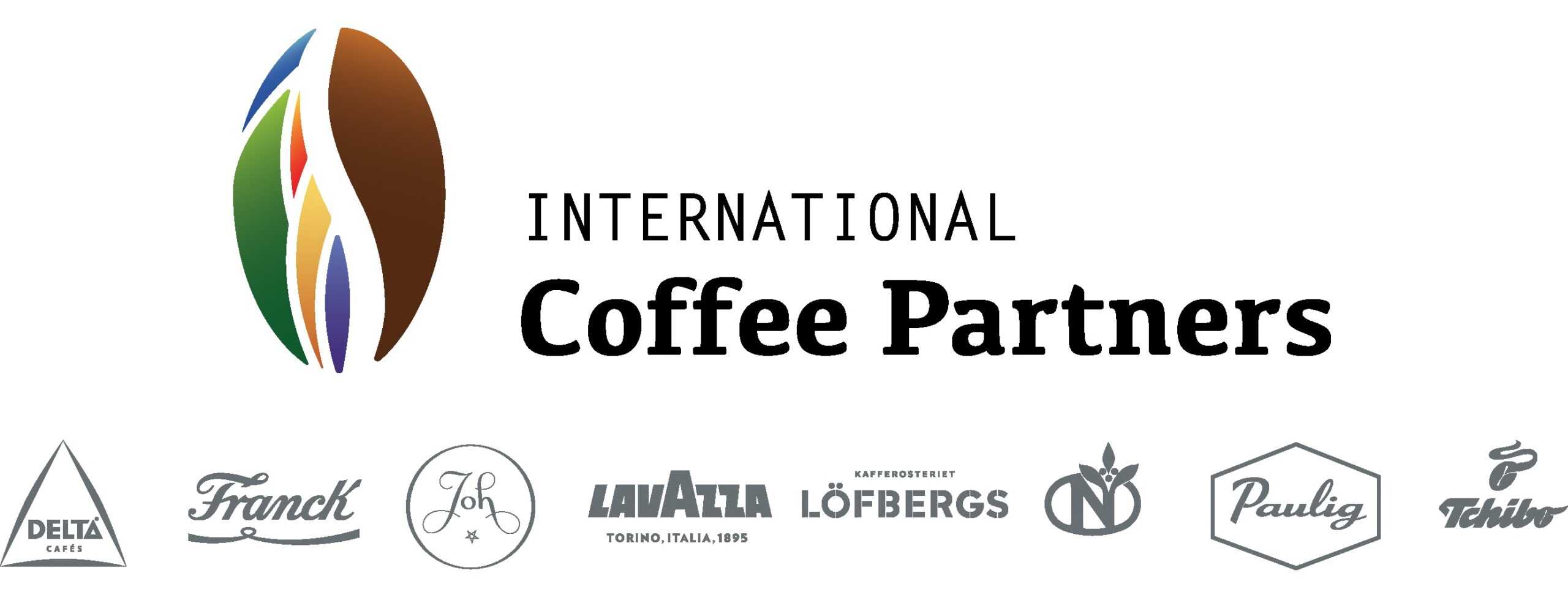HAMBURG, Germany – International Coffee Partners (ICP) – comprising Delta Cafés of Portugal, Franck of Croatia, Joh. Johannson of Norway, Lavazza of Italy, Löfbergs of Sweden, Neumann Kaffee Gruppe of Germany, and Tchibo of Germany – welcomes the European Union’s decision to extend the phasing-in time for the EU Deforestation Regulation (EUDR) by 12 months as it gives farmers and other stakeholders the time to adjust and meet the requirements.
However, time alone is not enough. Financial support, capacity development, and technical infrastructure remain crucial prerequisites for a just and successful transition. ICP is committed to working alongside the EU, global partners, and other stakeholders to co-create solutions that empower smallholder farmers and ensure they are not left behind.
The EUDR, which aims to protect global forests by ensuring key goods entering the EU market are free from deforestation, shall now be enforced for large companies starting on December 30, 2025, and for micro- and small enterprises on June 30, 2026.
ICP supports the objectives of the EUDR as a step towards global forest protection, and agrees that it must be implemented as soon as possible. However, ICP appreciates that the EU acknowledged the concerns raised by global stakeholders, including smallholder coffee farmers, regarding the need for adequate transition time and resources.
The timeline extension provides much-needed breathing space for smallholder farmers who face significant challenges in complying with the stringent geodata and traceability requirements set forth by the regulation.
Smallholder coffee farmers face mounting climate, market, and compliance challenges, critical support is necessary
ICP welcomes that one of the presented priority areas of action is the support to smallholders. Smallholder coffee farmers produce up to 80% of the world’s coffee. The challenges they face – from rising climate risks and market volatility to the lack of traceability systems – remain critical obstacles to compliance with the EUDR. As a pre-competitive partnership of seven leading family-owned coffee companies, ICP is committed to addressing major challenges of smallholder coffee farming families.
The ICP projects support them in improving their livelihoods, increasing their income, enhancing climate resilience, and fostering a balanced family life.
This enables farmers to better cope with increasingly challenging environments and market conditions, which include new regulatory demands, such as the EUDR. By promoting sustainable practices that improve farm competitiveness and environmental stewardship, ICP helps lay the foundation for smallholders to align more easily with evolving market standards.
While the ICP projects do not work directly on EUDR compliance, they focus on sustainable livelihoods and climate-resilient practices, contributing to the long-term economic stability and adaptability of farmers facing such challenges.
Ensuring a just transition to deforestation-free coffee supply chains
The success of the EUDR in addressing global deforestation challenges depends on the ability of smallholder coffee farmers to transition smoothly and sustainably. No smallholder must be left behind in this critical journey towards deforestation-free coffee supply chains.
“We applaud the EU’s openness to dialogue and adjustments in response to stakeholder feedback”, says Rui Miguel Nabeiro, Chair of ICP and CEO of Grupo Nabeiro/Delta Cafés. “Moving forward, we will continue to advocate for a comprehensive approach that combines regulatory frameworks with tangible support for those most vulnerable in the global coffee supply chain.”
ICP seeks collaboration with the EU and global partners to support smallholder farmers in meeting EUDR requirements
The extension of the EUDR implementation timeline is a positive step, but time alone is not enough. Smallholder farmers risk being excluded from the EU market – not because of deforestation, but due to difficulties in meeting the administrative demands of the new law. ICP sees an opportunity to work together with the EU and global partners to provide farmers with the necessary support.
ICP encourages collaboration to:
Financial Assistance: Secure joint funding to develop traceability systems, data management tools, and sustainable farming practices.
Capacity Development: Partner on training programs that help farmers understand and comply with EUDR requirements.
Technical Infrastructure: Co-invest in technology and infrastructure to improve the efficiency of geodata collection and management.
ICP recognizes that well-functioning markets are crucial for the economic growth and sustainable development of smallholder farmers, and emphasizes the importance of ensuring farmers can access key consumer markets.
To maximize the positive impact of the EU’s new initiative, ICP advocates for global harmonization of standards to avoid market fragmentation and strengthen both the EUDR’s effectiveness and the economic resilience of smallholder farmers.


















